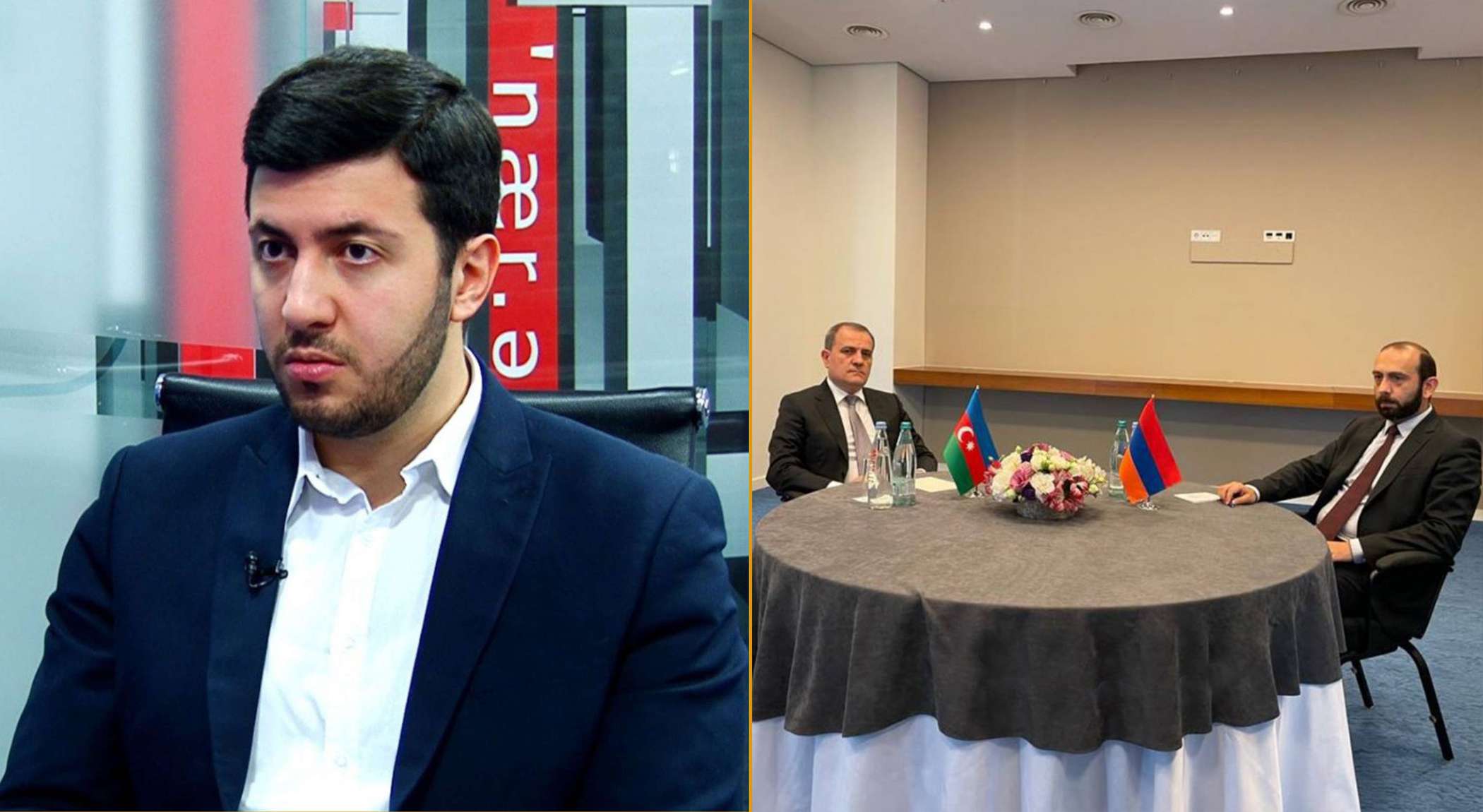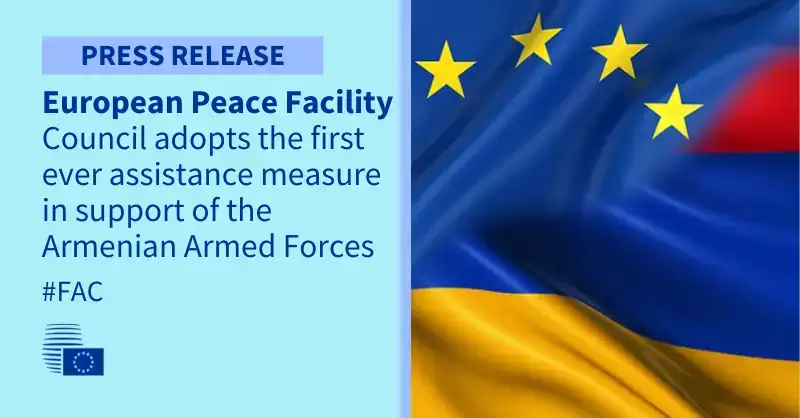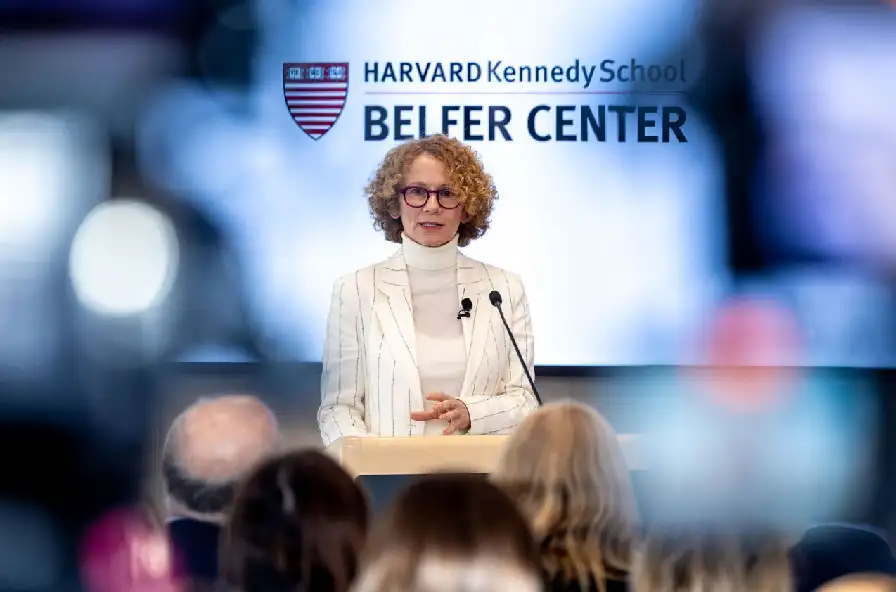The interlocutor of Radar Armenia is Areg Kochinyan, the president of the Security Policy Research Center.
- On the initiative of the Russian side, on October 14, a meeting of the foreign ministers of Armenia, Russia, and Azerbaijan is scheduled to be held in Astana. What are the expectations from this meeting?
- The meeting planned in Astana is, in fact, Russia's response to European and American initiatives and their activation. In my opinion, there will be a specific attempt to stop or, if possible, even abort the European and American initiatives. To what extent it will be possible to stop the Russian political direction, to a large extent, depends on the desire of Armenia and Azerbaijan to go to settlement and the level of Western support.
- How would you interpret the reaction of the representative of the Russian Foreign Ministry to the recent meetings of the leaders of Armenia and Azerbaijan, and Turkey in Prague, to the quadrilateral declaration, when it was mentioned that he sees in this the attempts of the European Union to push out Moscow's efforts and get involved in the normalization of relations?
- Russia's reaction is fully included in my previous answer. Russia wants to have a monopoly on the settlement of the Armenian-Azerbaijani process. Moreover, to use that monopoly, never allow regulation. Because the payment is not in Russia's interests, the endless political strategy is based on the interests of Russia, with its exclusive mediation. Thus, the reaction is natural, directed first against the peace settlement processes and second against the American and European initiatives.
- In your opinion, doesn't the struggle for moderation between the Russian Federation and the West harm the actual process of regulating Armenian-Azerbaijani relations?
- The escalation and the struggle between the Russian Federation and the West, without a word, is damaging, but it is not new and has always been there. It's just that the Artsakh issue has recently been highly internationalized, and it is damaging in terms of content. At the same time, it creates an opportunity. As long as Russia has an exclusive role, is strong, and has equal parallels to the USA and Europe, it becomes impossible to settle the Artsakh issue. If polarization continues, and the Western, American-European process moves forward, then there is an opportunity to proceed to a settlement without Russia. There will be no settlement with Russia.
Hayk Magoyan




















